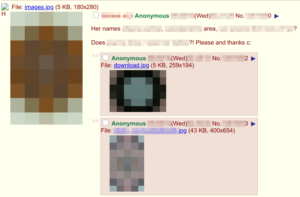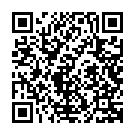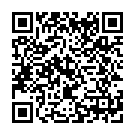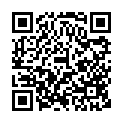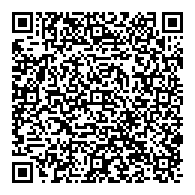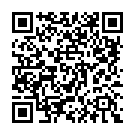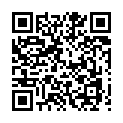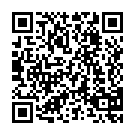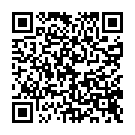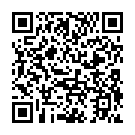With the current world situation, it’s becoming more and more important to not only protect ourselves in the real world but also online, especially as that’s where a lot of us are spending our time, whether it be for work or leisure. But what happens if something you didn’t want to be made public is suddenly there for the world to see after a disagreement with someone and they’re out for revenge?
Side Note: This post was originally going to be part of an upcoming 2 part article about the history of the World Wide Web over the past 30 years, however, I feel it’s more important for it to be a post in its own right. Whilst this is based on the events of a real person, their name and details have been replaced to maintain their anonymity.
It’s often said “Once something’s on the Internet, it’s there forever”, and whilst that’s generally true, there are often ways to limit how much exposure it receives. The damage it causes is not just embarrassment, but life-altering issues that can permanently affect someone’s mental health.
Meet Mollie
This post revolves around a girl, who we’ll call Mollie, whose revealing images were leaked online a few years back by someone she should have been able to trust, her ex-boyfriend.
Private pictures of Mollie started popping up on various websites and were now online for the world to see, soon she was bombarded with messages blackmailing her for more. Images were being posed on social media, tagging her friends and family. She told me:
At the time this happened, revenge porn wasn’t a thing that had any support with the law or anyone really. I was 18 at the time and the images were actually those that had been taken when I was 16-18.
I tried to get help from the police, and they told me that I was encouraging it because of responding and actually asking them to stop sending my images and stop doing what they were doing.
~ Mollie
Her life offline was also heavily impacted, with her personal information such as her home address, place of work, and contact details being shared on places such as Craigslist. Images were sent to colleagues nearly costing her her job. Moving cities didn’t help as the abuse just followed.
I lost friends and I isolated myself. Trust nobody at all. I can’t have strong friendships with people because of fear that they’re only around to ruin my life. […] I was changed from a happy, optimistic, healthy teenager to an ashamed, embarrassed, depressed, anxious mess
~ Mollie
She is currently undergoing therapy and starting to getting her life back on track and doesn’t feel as scared when someone messages her online, though real-life situations such as someone knocking on the door is still a big issue. However, none of this gives her back what were supposed to be her care-free teenage & early adulthood years.
Damage Control
So, I asked Mollie what she did to limit the amount of exposure she was receiving to help others who may find themselves in the same situation. She gave me the following advice:
Firstly, you should try and contact the websites hosting the content to get them to remove the offending images. However, this doesn’t get them off Google straight away. For that, Google have their own page for removing images from their search engine: https://support.google.com/websearch/answer/4628134
Google also have a whole dedicated section for removing non-consensual personal images: https://support.google.com/websearch/answer/4628134
Once the process is complete the results are removed from Google’s search pages and a small message is included on the page indicating that results have been removed under data protection laws.
Of course, this isn’t 100% effective, and other search engines may still allow certain content to be searched and found.
But there [are] still things up. They’re not as easy to find, but if someone wants to, it’s there. It will always be there.
~ Mollie
Conclusion
Whilst it’s not easy to get your personal information removed from the Internet, it’s certainly possible to reduce the amount of data out there by following Mollie’s advice. Data protection laws such as the General Data Protection Regulation (GDPR), which gives EU citizens the Right To Be Forgotten online, will help ensure large companies hosting your data erase it entirely, as well as the US’s Digital Millenium Copyright Act (DMCA) can force companies to take down infringing images.
Thankfully, the sharing of personal images without the subject’s consent is now illegal (in the UK), a fact sheet produced by the UK government explains the changes that came into force: Be Aware B4 You Share
There are also various helplines that can help: Revenge Porn Helpline ; Victim Support
Revenge porn is not easy to deal with. Abusive relationships get so much support and help, but revenge porn is not supported enough. Images that you share with someone you trust should stay between you and be removed when that relationship ends. It ruins your life. It is an offence, and I truly believe that you should be put on the sex offenders register if you do this. To anyone. It’s never an accident and you know that it’s wrong.
~ Mollie
A special thanks to Mollie for agreeing to talk to me about this and agreeing to share her story. She has agreed to also help people who are in the same situation, you can contact her at the following address: healingbutterflies <AT> outlook <DOT> com
Cheers


